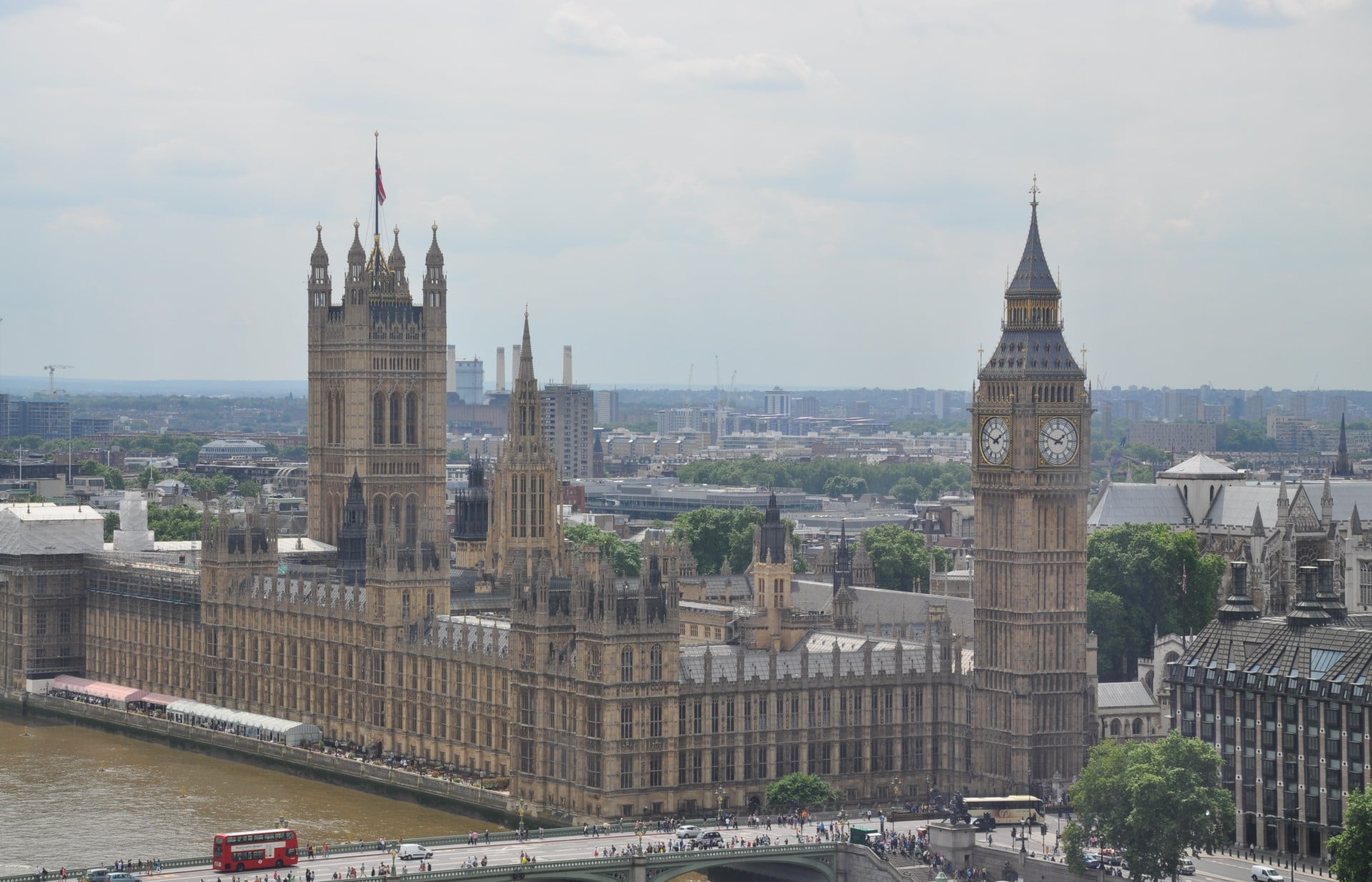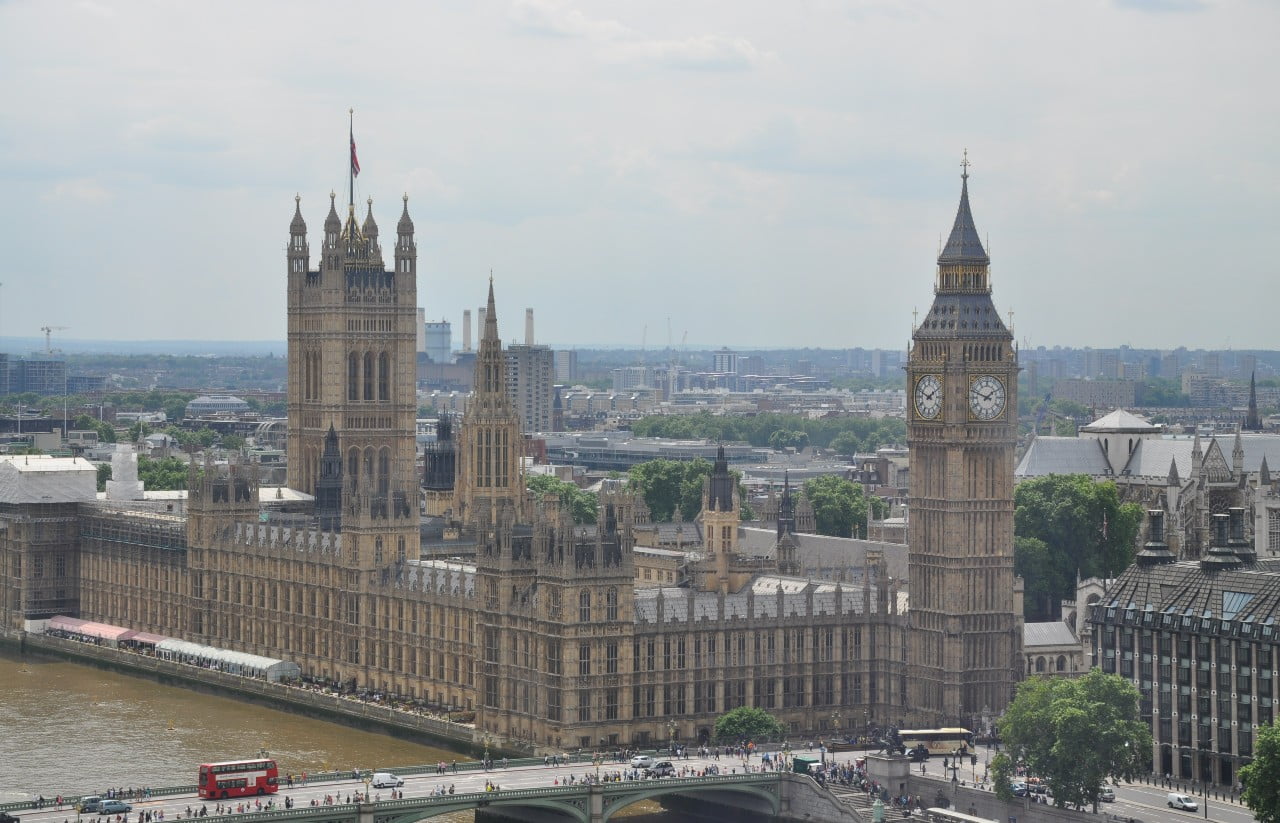The run-up to any Budget inevitably brings with it a flurry of speculation and selective leaks. Often these are nothing more than flag-flying exercises so policy ideas can be floated to test the reaction of the press and public before any real decision has been taken. It seems this year is no different. What matters, however, is separating the noise from the reality: what the Chancellor can do, what she might do, and what she should do.
Income tax remains the government’s single largest source of revenue, accounting for around 27% of receipts and 11% of national income. It is the most obvious lever for any Chancellor looking to raise funds. But the Labour Party’s manifesto pledged not to increase taxes on working people and that commitment already looks fragile. The rise in employers’ National Insurance contributions earlier this year was framed as something different, but it represented a broken promise by stealth.
There have also been rumours of National Insurance being extended to rental income – a puzzling idea given that NIC has historically been a tax on earnings rather than investment returns. A more coherent approach might be to recognise that the tax system already differentiates between earned and unearned income. Not long ago, the basic rate was 22% on earnings and 20% on investment income. The Chancellor could revisit this structure and perhaps nudge earnings up to 21% while raising the rate on interest and rental income to 24%. Such a move would raise revenue while leaning on those with greater investment wealth, rather than purely on earned income.
Another near certainty is the continued use of fiscal drag. By freezing thresholds in the face of inflation, the Treasury allows more taxpayers to be pulled into higher bands without the political fallout of an explicit rise in rates. But there is a real problem with the personal allowance. Left unchanged for so long, it risks dragging pensioners with only the state pension into the tax net. That would be politically toxic. I believe the Chancellor should use this Budget to raise the allowance, even modestly, to protect those on the lowest incomes.
Inheritance Tax is always politically sensitive, but changes in the last Budget have already prompted greater use of gifting. Possible next steps include extending the seven-year survival period or introducing a US-style cap on lifetime gifts exempt from IHT. Either would be radical and controversial, so the government has to weigh the revenue benefit against the risk of alienating middle-income households who increasingly view IHT not as a tax on the wealthy, but as one on families who have worked and saved throughout their lives.
Pensions remain a constant target for reform, and I can see three possibilities: 1) restricting or reshaping the tax-free lump sum. This would be politically explosive, given that many have planned their retirements and even final mortgage payments around this entitlement. 2) Introducing a flat rate of relief on contributions. This would simplify the system and redistribute relief away from higher earners, although at the cost of dampening incentives to save. 3) levying employers’ NIC on pension contributions. That would raise revenue, but at the expense of both businesses and employees, who ultimately share the burden. None of these options are straightforward, and each risk undermining long-term confidence in retirement saving.
When Labour came into power, they spoke endlessly of a £22bn black hole. That narrative dominated to such an extent that it risked talking the UK economy into recession. This time around, the government has been quieter. That feels like a deliberate choice by a relatively unpopular administration which is trying to dampen expectations, avoid fuelling pessimism, and buy time. But the Chancellor cannot rely solely on delay. Her policies will only succeed if the economy grows. Growth, in turn, requires confidence and not constant tinkering. It also requires investment from both the private sector and individuals.
When you combine all of these factors, this Budget must offer something beyond tax rises and fiscal drag. Reliefs for businesses investing in the UK, or incentives for individuals to back British companies, would send an important signal. They would, of course, cost money in the short term but would support the growth the government ultimately needs.
I know I’m not alone in thinking this, but the decision to delay the Budget until late November may not be accidental as it gives the Chancellor more time to hope for better growth figures. If that happens then it could potentially soften the blow of whatever tough measures she feels compelled to announce.
For now, the Chancellor faces a delicate balancing act between fiscal responsibility and political credibility, and between raising revenue and sustaining growth. Whether she succeeds will depend not only on the measures announced next month, but also on whether she can offer a clearer, and more confident vision for the economy than we have seen so far.
It does all make you wonder whether this will be her last Budget. As we know, political cycles move quickly, and so too do ministerial careers.






